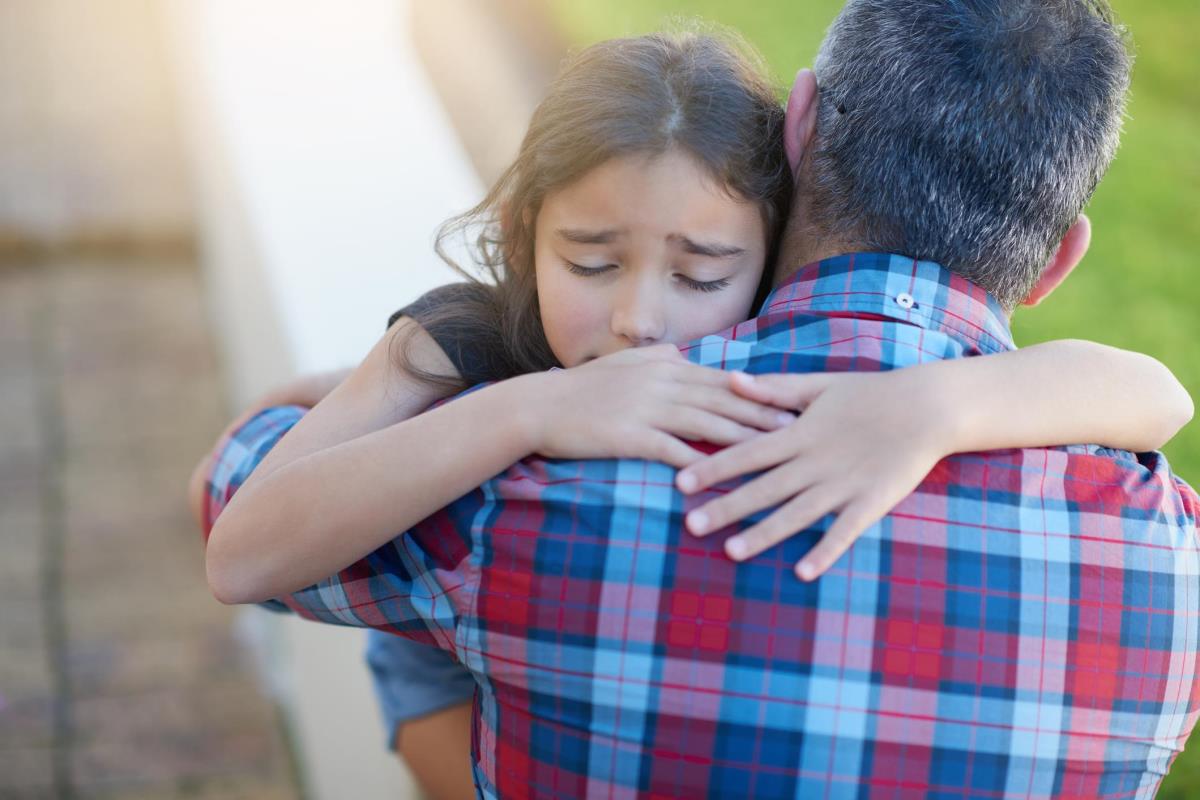How to Help Frightened Children

Our parenting coach Lena Engel shares ways to support your child if they feel frightened.
Sometimes children become frightened of doing everyday things that they used to manage, such as going to the toilet on their own, going upstairs, going into another room where they will be on their own, sleeping in their own bed, separating from parents on school days or playing in the garden by themselves.
These fears may be initiated by a wide range of causes, however the pressure that it creates in the home can often lead to high levels of stress and arguments.
Thoughts to Consider:
- It is natural in these circumstances that you might blame yourself and search for reasons for this change in behaviour. You may wonder what your child might have seen or heard to frighten them. These are natural reactions, but they can tend to make you feel more disempowered to find solutions.
- Try not to look for who to blame as there may be a great many things which impact on a child's behaviour. We all get up in the morning wanting to be a good parent, so telling yourselves that you are not good parents can make you less likely to have the energy to meet the needs of your child each day.
- Feeling frightened is an external response to having less confidence in yourself and feeling that you cannot perform an activity or behave in the usual ways. Fear is a very strong emotion and generally children learn it from their main carers because they copy them and because children are so sensitive that they can sense the extremes of emotion that their parents exhibit.
- In a similar way, children can be very sensitive to what is said around them, so when others express fears or anxieties, children can be more likely to imitate these because they want to appear to be similar to those they love most.
Ways to Support Children with Fears:
- Children need good daily routines and to have clear expectations of how they should behave. For instance, if you create with your child a list of rules for the home which are positively expressed and in short sentences, such as 'we each sleep in our own bed' you can motivate children to expect that this is meant for all of you. Rules can give a sense of value to the key elements of behaving responsibly.
- If there is any occasion when your child is frightened or has a bad dream, try not to bring them into your bed. Calm your little one and tuck them firmly back in bed with a kiss. Reassurance and acknowledgement are important, rather than moving them and making the child feel as if you agree that they are safer in your bed.
- Similarly, emphasise the positive nature of being secure in every room in your home by making places accessible to your child. If children are in the habit of moving round a home with their parents and seeing their parents use every space, it makes it easier for them to feel more at ease going there themselves.
- On a practical level, engage your child in daily experiences that give them more and more responsibility for themselves as they grow. Make sure that you teach them to be independent and to use their bedroom for looking at books, playing and doing homework more and more on their own. Encourage them to have a torch and to turn on side lights to brighten up areas when they enter. Take care not to have too bright lights in shared areas such as the kitchen or the sitting room, because children need to become used to the way that shadows fall in less well-lit spaces with which they are very familiar.
- If you’re aware of your child having seen a frightening programme, or being told scary things by their friends, try not to appear outraged or worried. These are negative feelings which may create the feeling that children need to lie about what has happened or to underplay their own worries, because they basically don't want to upset their parents. Create opportunities to go for a walk where you can talk in a neutral environment side by side. Talking when you are walking can help children and adults feel more in a state of mind to express their fears and share their thoughts and feelings.
- Keep your child safe by developing a common-sense approach to ensure they do not access frightening films and scary television programmes, or are left in threatening circumstances inside the home, at school or in public places.
---
Lena Engel





